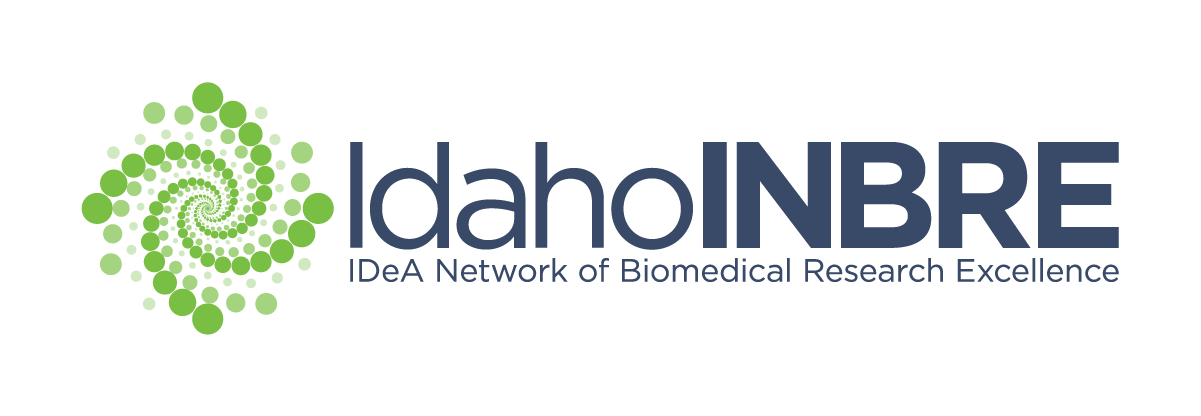
- Name: Prabha S. Awale, Ph.D.
- Institution: Idaho State University
- Department: Biomedical and Pharmaceutical Sciences
- Phone: 208-282-1427
- Email: awalprab@isu.edu
Summary: My lab is interested in understanding the neurobiology of development disorders particularly autism. Autism is a neurodevelopmental disorder that is mainly diagnosed based on behavioral impairments. We have an animal model of autism. This model uses the antiepileptic drug valproic acid which is an environmental risk factor for autism. Pregnant mothers using this drug had children that showed behavioral abnormalities very similar to autism and therefore the valproic acid rodent model of autism recapitulates a number of behavioral and brain abnormalities seen in children with autism. We have a number of projects in our lab.
- We are investigating the effects of embryonic exposure to valproic acid on microglial survival and number during embryonic brain development and postnatal brain development
- We are investigating the consequence of reduced microglial number on neuronal growth and development
- We are investigating the effect of embryonic exposure to valproic acid on microglia in the development of the visual system
- We are investigating the effect of embryonic exposure to valproic acid on microglia in the development of the auditory system
Minimum classes: N/A
Projects:
- Students will be able to slice mouse brains treated with valproic acid or saline. The slicing will de done on a special equipment called cryostat. This piece of equipment is very similar to the equipment used to cut deli meats. For slicing tissue is mounted on a chuck with the help of glue and attached to a specimen head. The stage has a blade and with the help of a hand wheel the tissue is cut. This is usually done at low temperatures. The tissue will be collected on special adhesive coated slides.
- Students will also learn to use antibodies to stain microglia and neurons. With the help of a pap pen a hydrophobic barrier will be created around a slice that will hold solutions for primary antibodies, secondary antibodies.
- Students will be trained in the MRCF to use confocal microscopy
- Students will be able to assist with mouse surgeries on completion of CITI training and approval by ISU IACUC.



